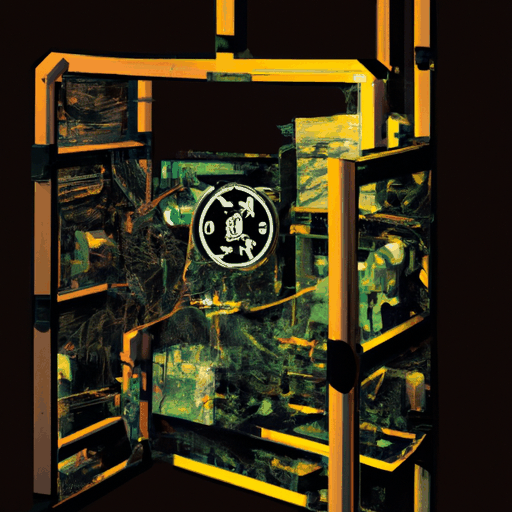
US Bitcoin Miners Struggle Amid Rising Costs Due to New Tariffs
By: Eva Baxter
The United States' Bitcoin mining industry has been dealt a significant blow following the implementation of a new tariff imposed by the Trump administration on imported semiconductors. Announced on August 7, the tariff seeks to levy a 100% duty on chips manufactured outside of the U.S., considerably raising rig costs for miners who are already challenged by reduced revenues and increased network difficulty levels. This tariff places increased pressure on U.S. miners who primarily depend on ASICs originating from Asia.
The development stems from a policy initially revealed during a GOP retreat in January, with further elaboration in April expanding the tariffs to 57 countries, including Southeast Asian ASIC production hubs like Malaysia and Thailand. Many companies engaged in Bitcoin mining, such as Luxor and AsicXchange, scrambled to transport equipment before the tariffs came into effect, incurring unusually high airfreight rates.
The industry expressed significant concern regarding the swift implementation and the financial strain this places on already slim profit margins. Despite a temporary 90-day suspension, the revised schedule still imposes a 19% tariff on imports from Southeast Asia with the higher rates remaining for other sectors. This, combined with a year-over-year 55% drop in mining revenue per terahash, according to the Hashrate Index, could see a shift in global hashrate distribution away from the U.S. as companies consider relocating to tariff-free jurisdictions like Canada, Norway, or Kazakhstan.
In the face of these increased costs, publicly traded mining firms such as Marathon Digital and Riot Platforms are witnessing declining share prices as investors rethink profitability outlooks under the new economic conditions. The broader mining industry, as presented in Cambridge’s Digital Mining Industry Report, remains heavily dependent on hardware, which constitutes a major part of initial capital investment. The durability of these imposed tariffs and the capacity for firms to adjust either through alternative sourcing or geographical relocations could critically shape the future landscape of Bitcoin mining in the United States.



